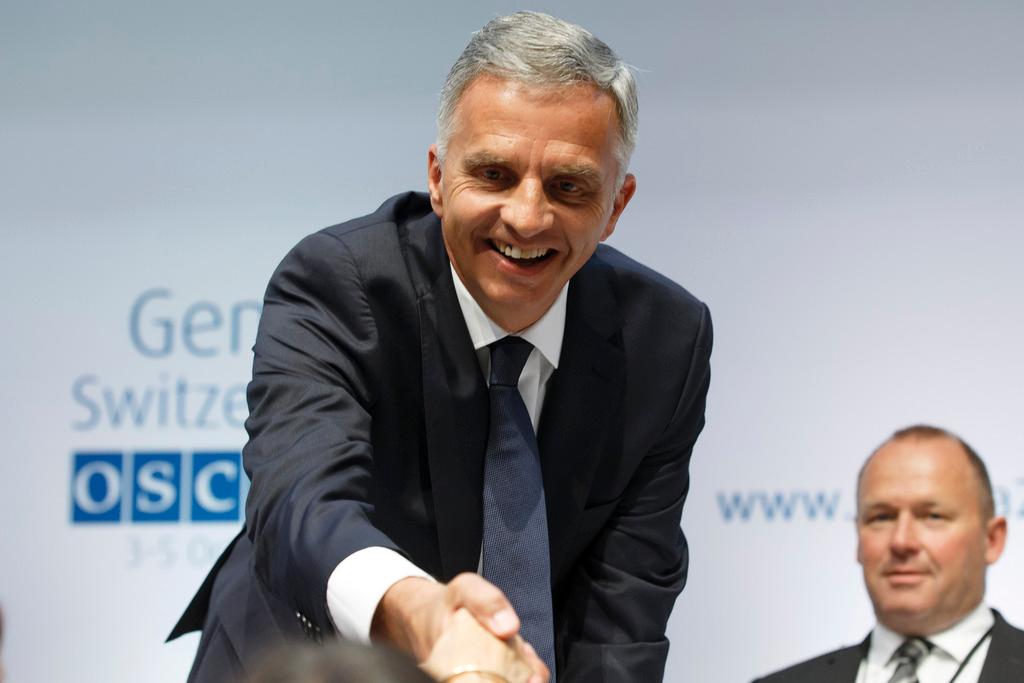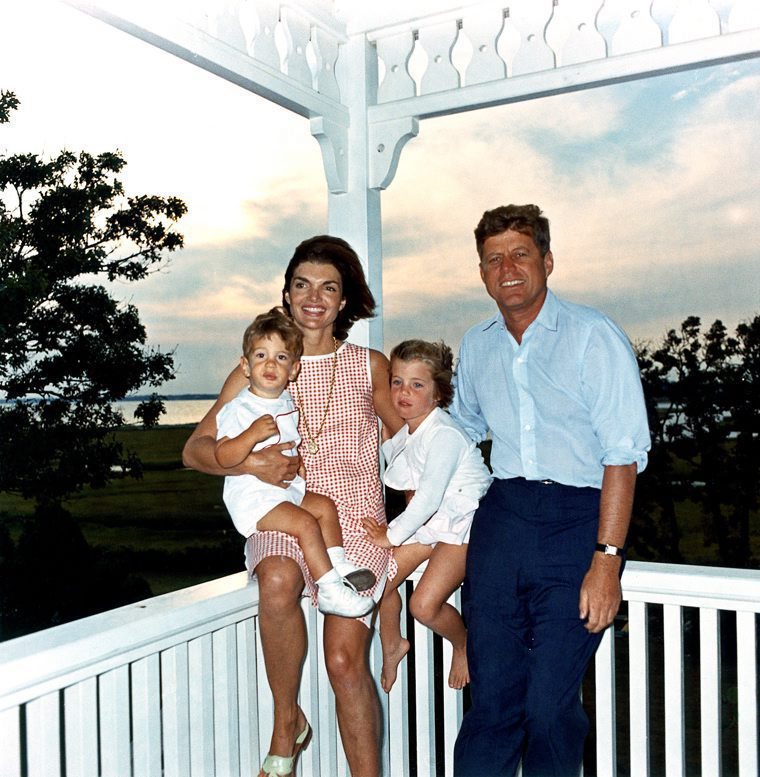Lessons learned from the Swiss OSCE presidency
The 2014 Swiss Presidency of the Organization for Security and Co-operation in Europe (OSCE) has been universally praised.
At the final ministerial meeting in Basel last week, there was a record participation with 53 ministers and 1,300 delegates attending. Particular accolades for Switzerland’s chairmanship came from United States Secretary of State John Kerry and German Foreign Minister Frank-Walter Steinmeier – not a negligible feat considering that the meeting ended with no consensus statement on the simmering conflict in Ukraine.
What lessons can be learned from the Swiss efforts? Foreign Minister Didier Burkhalter said it had been a “privilege” for Switzerland to chair the organization.
Certainly, the role of Swiss mediation between Ukraine and Russia gave Switzerland and the OSCE greater visibility. But can a closer observation lead to other lessons learned? This was the second time Switzerland had chaired the organization, the first in 1996. And it is unusual if not rare for a small, neutral country to have such an important international role.
The first lesson is that neutrality has an important role to play in certain situations. As during the Cold War, the fact that Switzerland had no prior positions in the Ukrainian conflict certainly worked to its advantage, as did the fact that it had been instrumental in the entry of the Russian Federation into the World Trade Organization (WTO). No one accused Switzerland of taking sides.
The fact that Heidi Tagliavini, who had written an outstanding, objective report on the August 2008 Russia-Georgia conflict, served as Burkhalter’s special representative was also an enormous plus. She is tremendously respected in the region. The entire mediation is a most positive example of active neutrality.
Punching above its weight
The effective collaboration between the task force responsible for the chairmanship, headed by Heidi Grau, and the Swiss representation in Vienna, headed by Thomas Greminger, merits considerable praise as well.
Daniel Warner
Dr. Daniel Warner is Assistant Director for International Relations at DCAF, the Geneva Centre for the Democratic Control of Armed Forces. He joined DCAF in 2011 after a long career at the Graduate Institute in Geneva.
He also teaches in Kiev at the Diplomatic Academy of Ukraine.
Switzerland has often said that it punches above its weight in international affairs and here is a perfect example of diplomatic professionalism at its best.
The Ukrainian crisis was a great surprise to all; it was certainly not on the agenda in the preparation of the chairmanship. Potential problems in Nagorno-Kharabakh between Armenia and Azerbaijan or rising tensions in Transnistria were much more plausible. But the task force was able to continue the regular business, have consensus on some new issues such as terrorism and kidnapping while keeping the lid on the Ukrainian situation.
Perhaps the greatest lesson follows from the first. Switzerland has a role to play in the international arena. While many in the country are justifiably proud of this successful endeavor, many are also trying to return the country to a form of neo-isolationism. The February 9 vote on immigration resounds with these sentiments.
At the same time there are those who want to limit the number of foreigners entering the country, who are opposed to foreign judges interfering in Swiss internal affairs and who are trying to place Swiss law above international law, Switzerland has proudly demonstrated that it can perform at the highest levels of multilateral diplomacy.
The values that make Switzerland so unusual – three different cultures, four national languages, 700 years of finding consensus – are enormously precious and important in larger contexts.
International arena
Switzerland is part and parcel of the international arena. In our age of globalization, it is sadly nostalgic for some to wish the country to return to simplistic nationalism.
Imagine a talent like Roger Federer limiting himself to playing only domestic tournaments. Imagine Federer known only for winning the Basel tournament and the Geneva Challenger. In fact, Federer would not be the player he is today if he had not played the international circuit.
The greatest lessons to be learned from the chairmanship experience are that Switzerland is inevitably tied to the rest of the world, it can perform at the highest levels and it has a great deal to offer. For these three reasons, all Swiss citizens should be proud.
Not surprisingly, it took foreigners to remind the Swiss of these facts.

In compliance with the JTI standards
More: SWI swissinfo.ch certified by the Journalism Trust Initiative












You can find an overview of ongoing debates with our journalists here . Please join us!
If you want to start a conversation about a topic raised in this article or want to report factual errors, email us at english@swissinfo.ch.